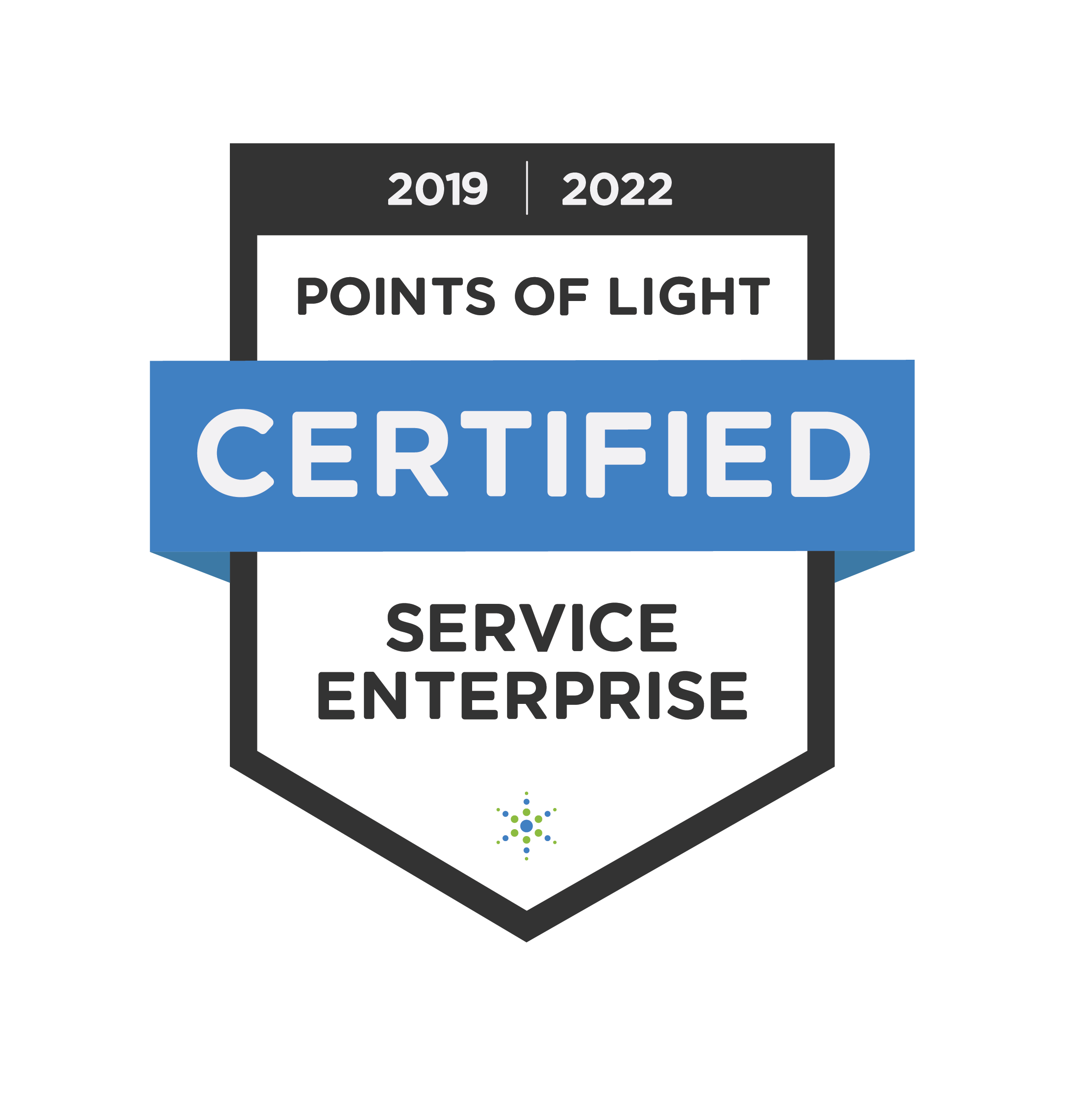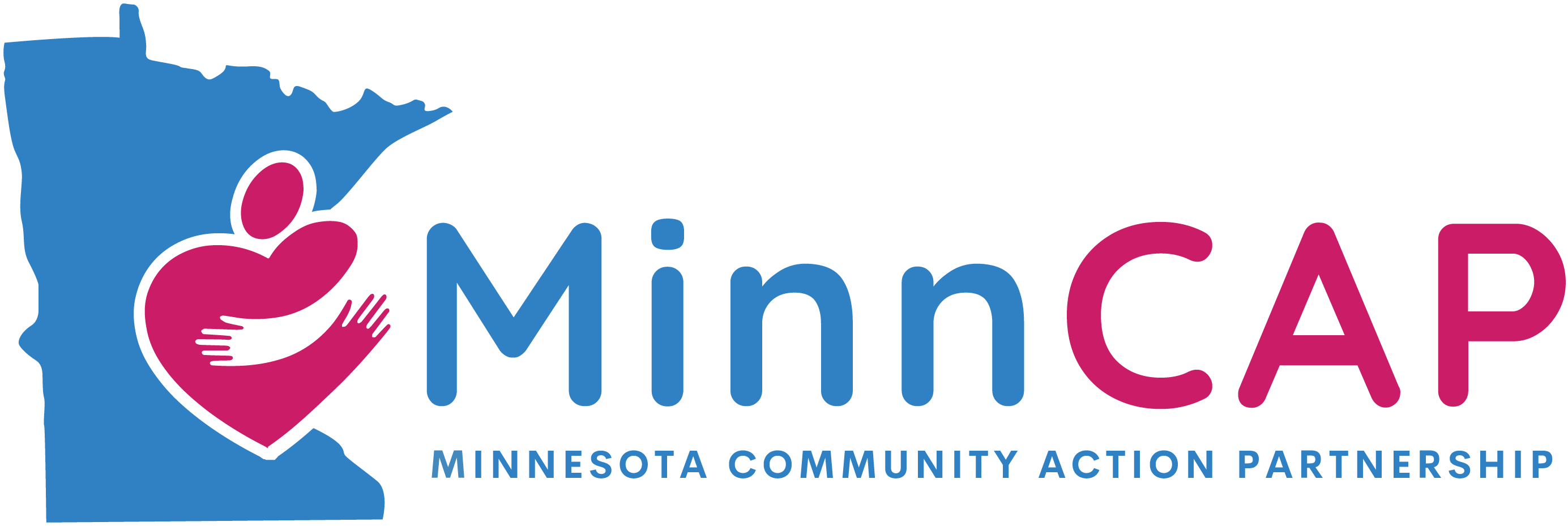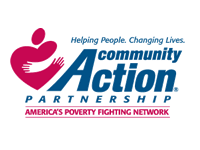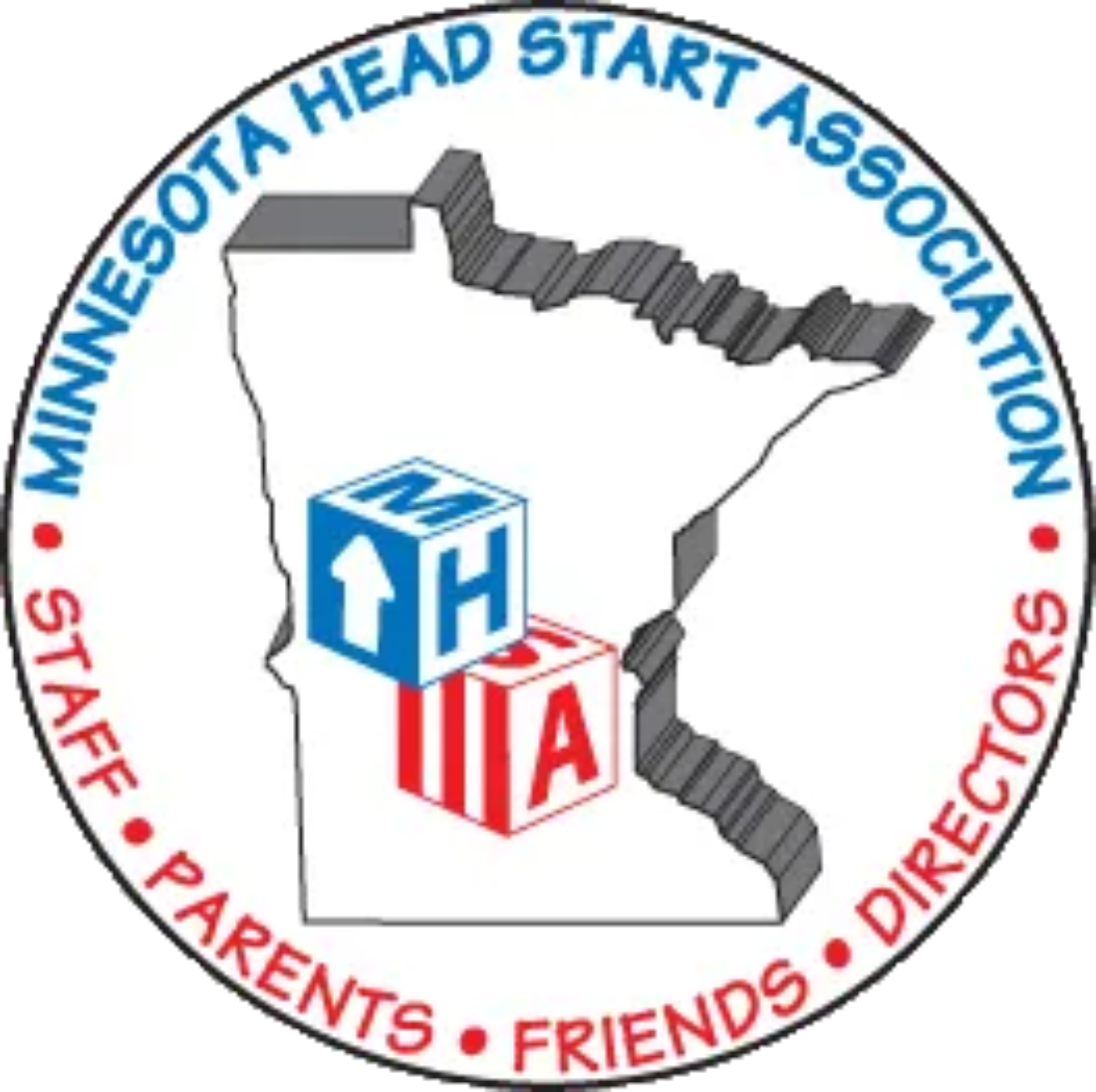
Today is EITC Awareness Day, a national effort by the IRS and a network of community and government partners to increase the number of low- to moderate-income American households that claim the EITC on their federal tax returns. The EITC, or the Earned Income Tax Credit, is considered one of the most powerful anti-poverty tools there is as it lifts millions of families above the federal poverty line each year. And yet, it is estimated that as many as one in five households eligible to claim the EITC do not, thus losing out on an average of $2,200 in tax credits and/or potential refunds.
To help those households that are not aware of the EITC (or the benefits it can yield), the IRS has updated its EITC Assistant Tool, which will help low- and moderate-income taxpayers determine:
- If they qualify for the EITC
- If they have any qualifying children and/or relatives
- The estimated amount of their tax credit
- Their current filing status
When using this tool, households will need to provide details from their income statements (Form W-2, Form 1099, etc.), documents showing any taxes withheld and/or money earned, as well as any expenses or adjustments to their annual income. It is possible that the new administration’s proposed American Rescue Plan will significantly increase the EITC in 2021, making it even more important that eligible households take advantage of this valuable tax credit.
For those claiming the EITC in 2021, the IRS provides an online toolkit detailing all the documents they will “need” when filing their tax return in order to get the EITC that they “deserve.” And, due to the Taxpayer Certainty and Disaster Tax Relief Act of 2020, households claiming the EITC or ACTC (Additional Child Tax Credit) this year have the option to use either their 2019 annual earned income or their 2020 earned income, depending on which year will provide them with the maximum possible tax credit.
Finally, for low- to moderate-income earners residing in Ramsey or Washington counties, Community Action will soon open its 2021 Volunteer Assistance Tax (VITA) Clinic, which during the past five years has helped participating families receive an average federal refund of $2,494. For more details, eligibility guidelines, and how to make an appointment for this year’s tax clinic, please refer to Community Action’s two-page VITA Clinic flyer here.









